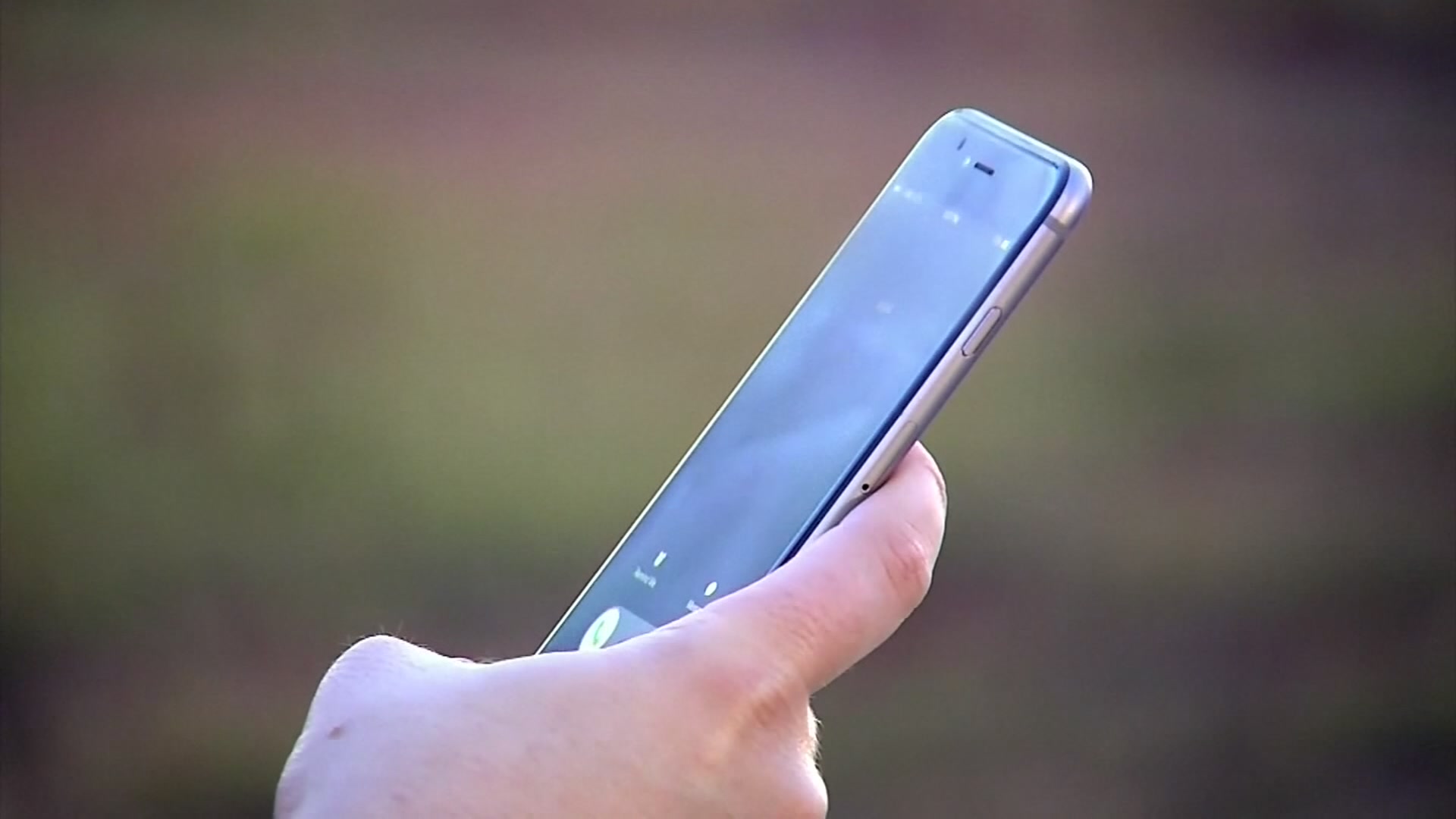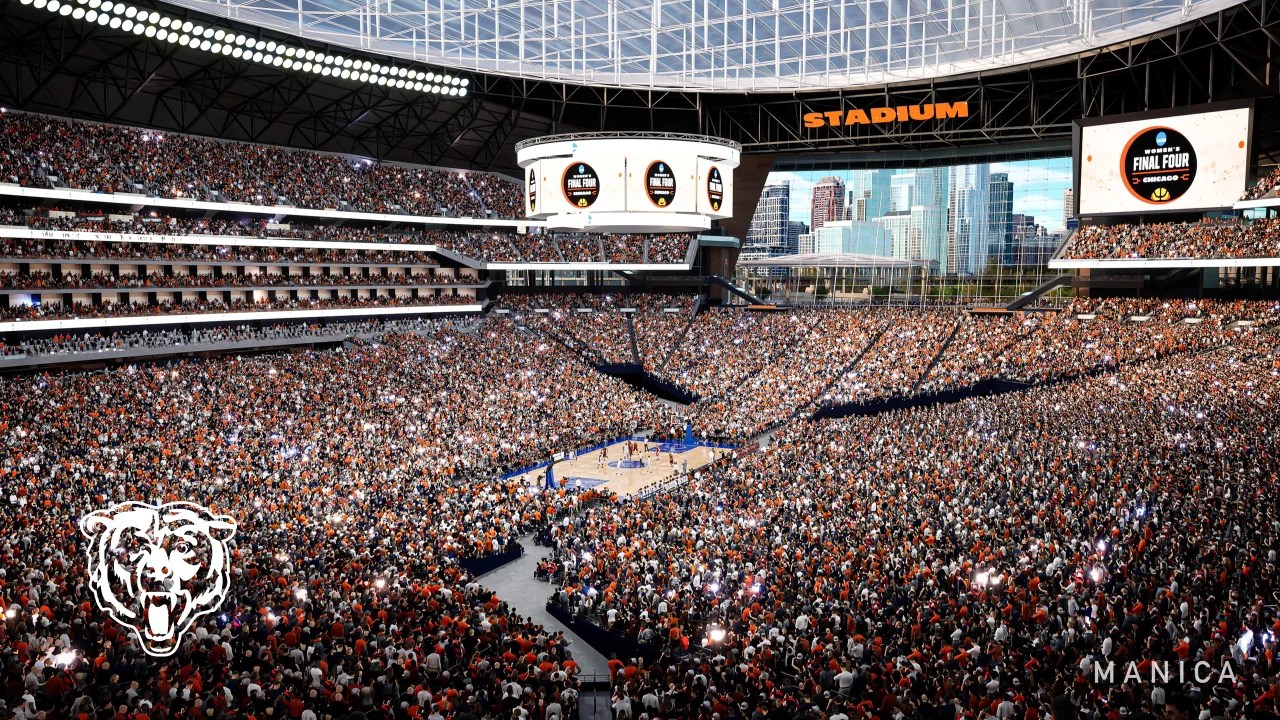Illinois lawmakers faced a number of big votes this week, but as the fall Legislative session came to an end Thursday, a number of big proposals were sent to Gov. Pritzker's desk.
Here's a look at some of the plans now awaiting the governor's signature:
New Congressional District Maps
Illinois Democrats advanced Thursday new congressional district maps intended to eliminate two Republican-held districts and send more Democrats to Washington.
To do it, Illinois Democrats have embraced gerrymandering, the practice of drawing district boundaries for political benefit that party leaders including former President Barack Obama and former Attorney General Eric Holder have railed against as “rigging” elections. The new map is a collection of odd shapes resembling abstract art and, critics say, a symbol of Democrats' hypocrisy.
Even with Illinois losing a seat due to population loss, the map was drawn to create a congressional delegation of 14 Democrats and three Republicans starting in 2022, a change from the current 13-5 split. The Princeton Gerrymandering Project, a nonpartisan group that evaluates maps, gave Illinois' maps an “F” grade, saying they give Democrats a significant advantage and are “very uncompetitive.”
Illinois Democrats defended the maps they released late Thursday and passed a short time later, saying they ensure minorities and other Illinois residents have an equal voice in government.
Chicago Politics
The Illinois Senate approved the maps late Thursday, with all Republicans voting no, and it later passed the House.
Pritzker signed both the first set of legislative maps and the do-over maps, despite pledging during his 2018 campaign that he would veto any legislative maps drawn by politicians. He is expected to sign Democrats' congressional maps as well.
Feeling out of the loop? We'll catch you up on the Chicago news you need to know. Sign up for the weekly Chicago Catch-Up newsletter here.
SB 1169: Conscience Law
The Senate approved on Thursday night a weakened and criticized plan to preserve ramifications for those who refuse to be vaccinated against COVID-19.
Democrats who control both houses of the General Assembly struggled through caustic debate all week in pushing a COVID carve-out of the Illinois Health Care Right of Conscience Act. The Senate endorsed the plan 31-24 on the last day of the Legislature's fall session.
Initially approved in the 1970s to protect physicians from repercussions for refusing, based on religious beliefs, to perform abortions, supporters argue the law was never intended to give similar protections to people who refuse to get a preventive shot in a worldwide pandemic.
“Your right to exercise your religious belief is not always without consequence and the Health Care Right of Conscience is not a defense in certain circumstances...,” Harmon said during floor debate. “You’ve asked where we draw the line. The line of my personal liberty ends at the beginning of your nose.”
Lawsuits have sprung up — nine alone in which Gov. J.B. Pritzker or other public agencies are defendants — in which repercussions, such as losing a job, are being contested based on the right of conscience law.
Republicans have taunted their opponents, accusing Democrats of changing the rules midstream because Pritzker can't get sufficient buy-in to his virus mitigation plan, ridiculed by the GOP as a series of top-down demands without public input.
The proposal, which now goes to Pritzker, doesn't require anyone to be vaccinated. It targets the law's language prohibiting retribution, such as dismissal from a job, in the case of the COVID-19 vaccine.
Proponents contend the place to invoke religious exemptions from medical care is in federal law. Pritzker’s office pointed to general religious protections and those prohibiting workplace discrimination under the Americans with Disabilities Act, the Civil Rights Act and age and genetic information discrimination laws.
But even if Pritzker signs it without delay, it won't stop any lawsuits for months. To take effect immediately, it would have required approval by three-fifths majorities in both houses, more than Democrats could whip. As it stands now, the law wouldn't take effect until mid-next year.
HB 370: Abortion Parental Notification
Lawmakers voted to repeal a law requiring that parents or guardians be notified when girls younger than 18 are seeking an abortion, sending the measure to Pritzker's desk.
Building on momentum among abortion-rights activists after September's Texas “heartbeat” law banned most abortions, Democrats who control the General Assembly want to dump the 1995 law requiring notification, which both sides of the debate call the last restriction on abortions in Illinois.
Republicans repeatedly point out that notification has the support of nearly three-quarters of Illinoisans responding to a poll conducted last spring. And they publicized the nearly 50,000 notices of opposition to the legislation that were filed electronically before the vote.
Pro-notice advocates note that the 48-hour alert to a parent or guardian the law requires involves only notification, not consent. According to the Guttmacher Institute, of 38 states requiring parental involvement in a minor’s abortion decision, 21 require parental consent — in three of those, both parents must consent.
Opponents say the notification law, adopted by Republican majorities in 1995 but not in effect until 2013 because of legal challenges, is a means of denying abortion rights to teenagers by delaying the procedure. They say most teen girls have good relationships with their parents but notification is a hindrance to those who live in abusive environments and are intimidated by an alternative process — pleading their case to a judge. Only one judge since 2013 has denied a minor's abortion, however.
HB 3136: Betting on College Sports
A new bill that would allow betting on in-state college athletics has been sent to Pritzker.
House Bill 3136 passed both chambers of the General Assembly with bi-partisan support. It would allow businesses to accept bets on an Illinois college team.
That bet, however, would have to be made in-person and cannot be done virtually.
Under the law, bets would need to be filed before the start of a game and gambling can only be done on a game's final score or final outcome.



